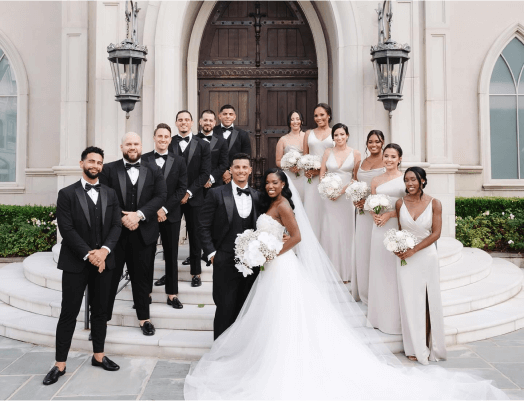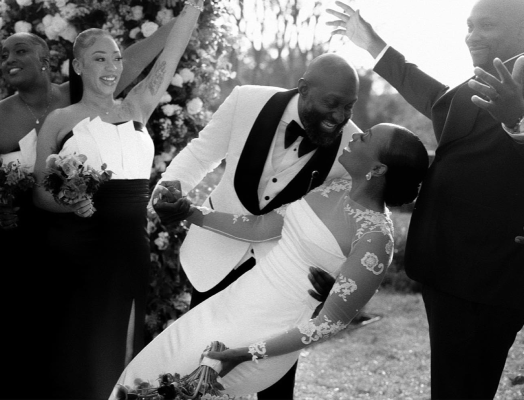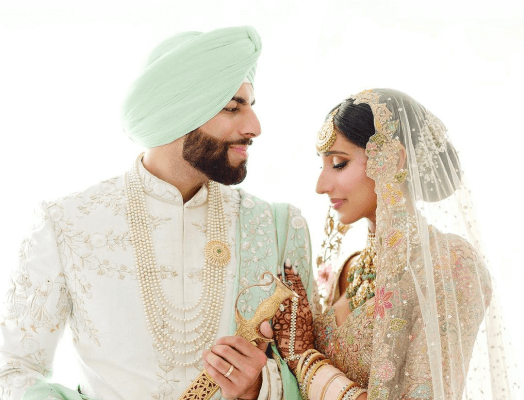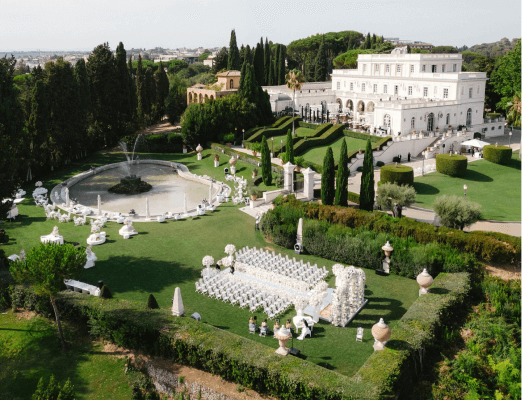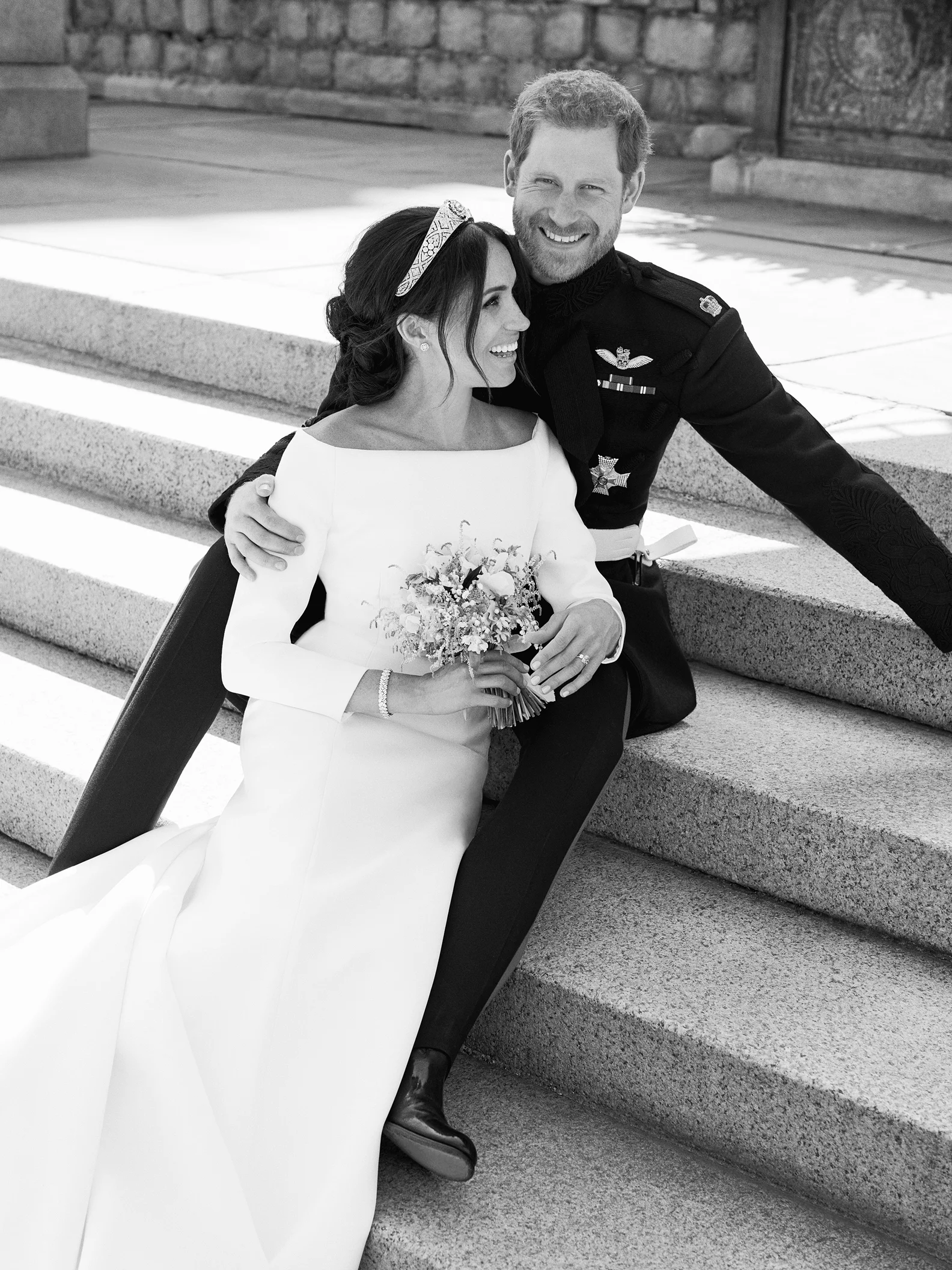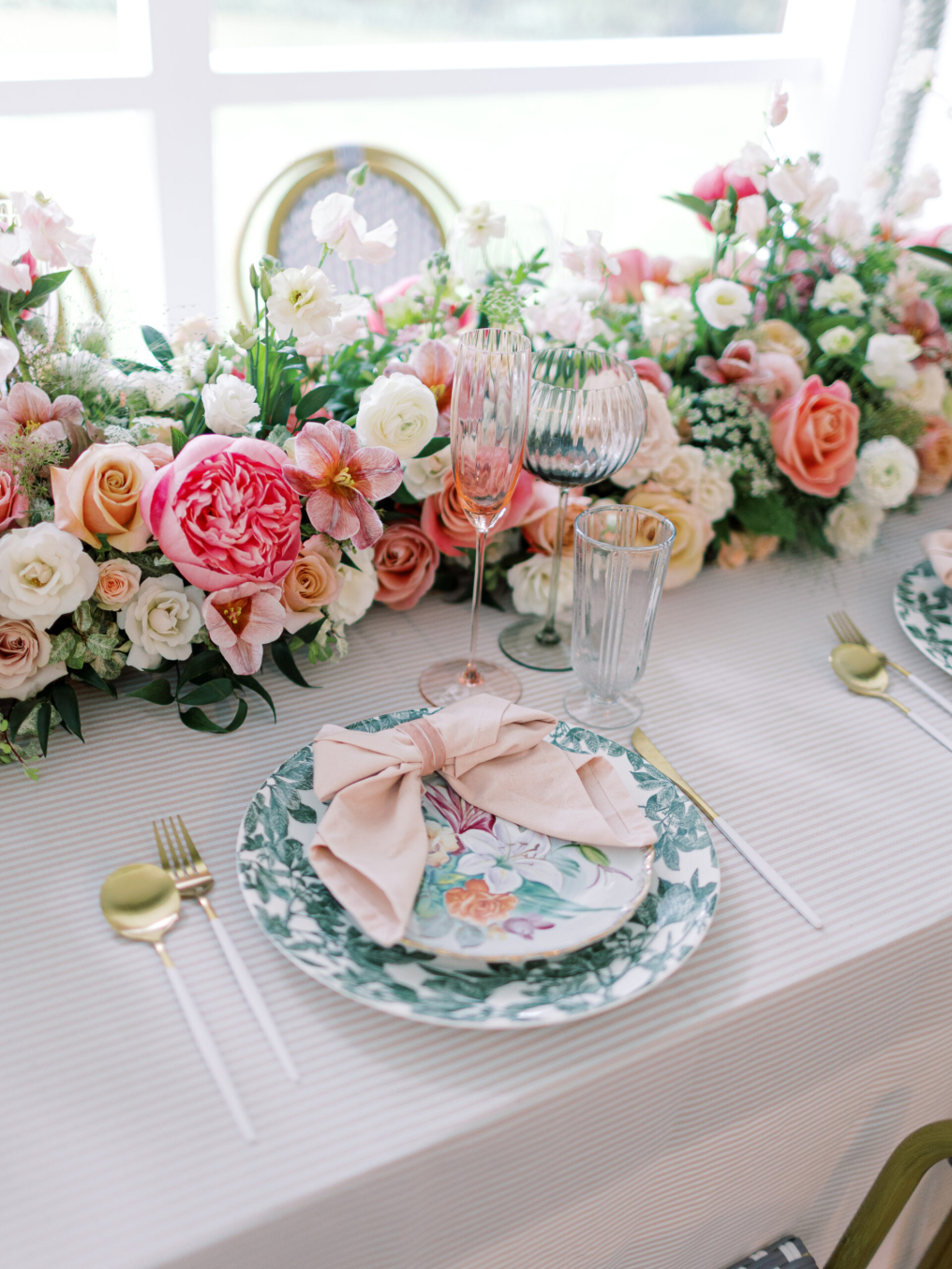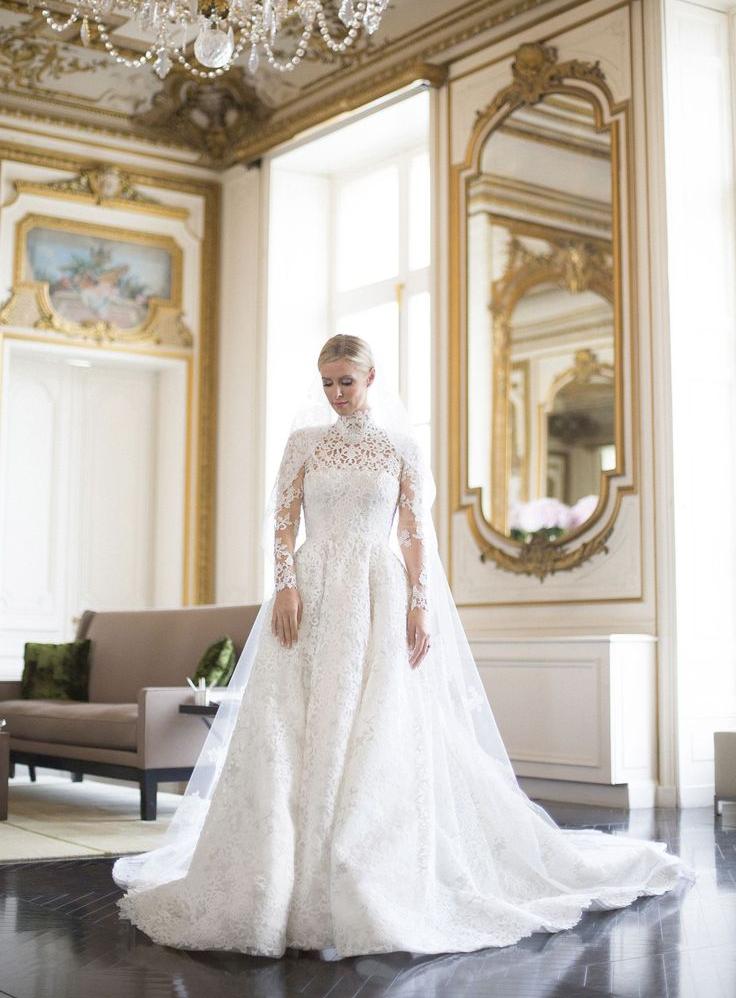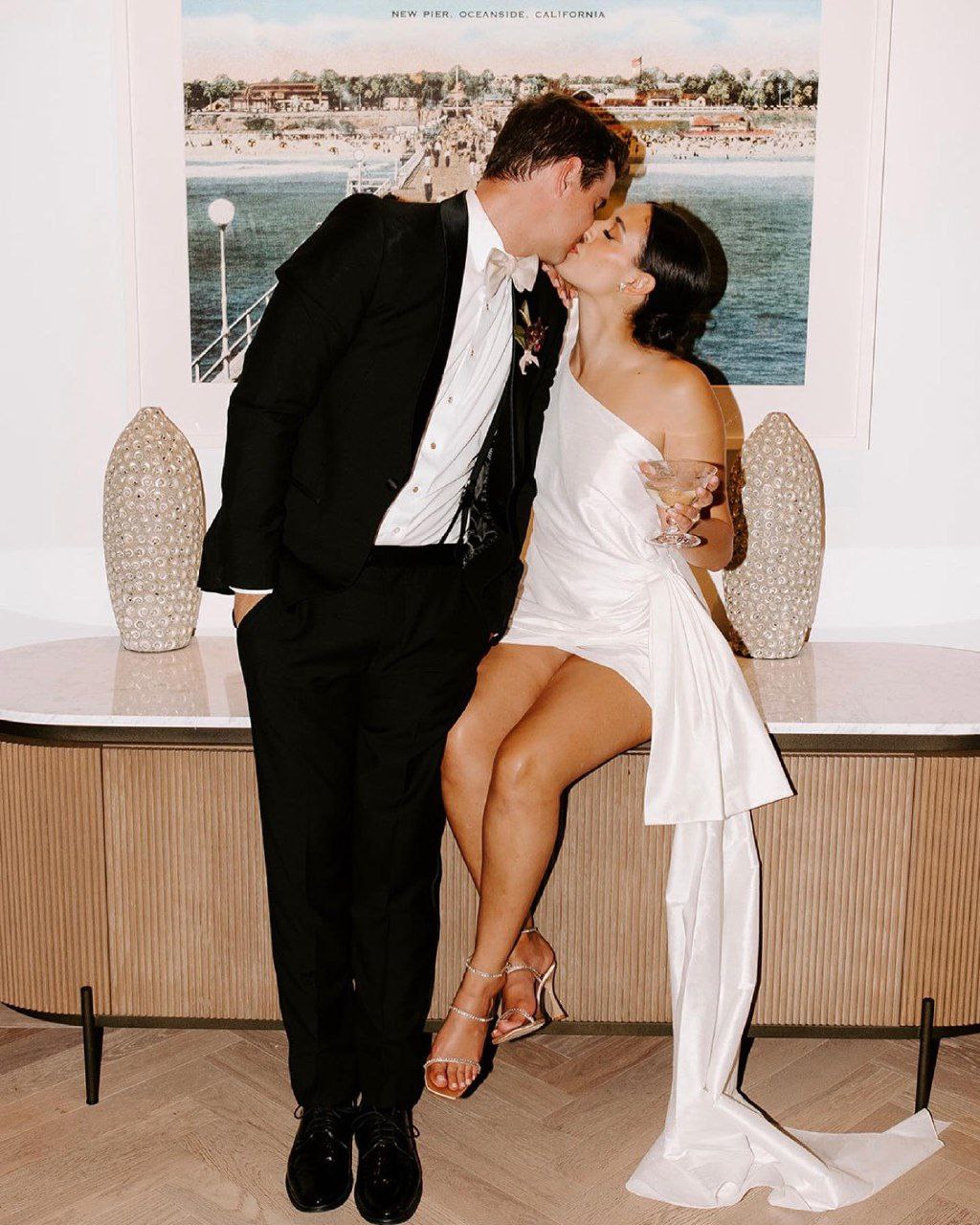A Guide to Multicultural Weddings in London
- Author: Natali Grace Levine
- Reading time: 8 min 31 sec
- Publication date: 06/29/2024
- Updated: 01/14/2025
London, the vibrant heart of the UK, is as diverse as it is vast. It's a melting pot where countless cultures, traditions, and histories mingle—not just on the streets and in the markets, but in the celebrations of love that take place in this cosmopolitan city. If you’re planning a multicultural wedding in London, you’re not just setting the stage for a day to remember; you're weaving together threads of different heritages into a beautiful tapestry that is uniquely yours. Here’s your friendly guide to making sure every detail shines.
Find Your Perfect Wedding Vendors
Understanding Cultural Significance
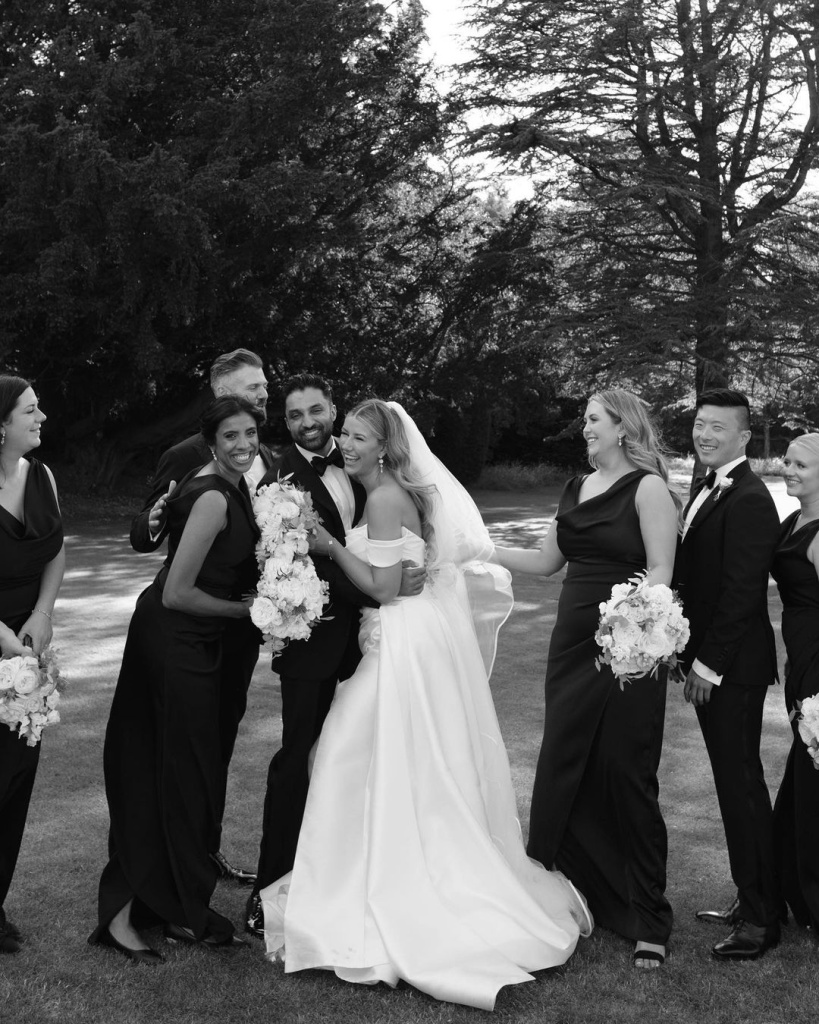
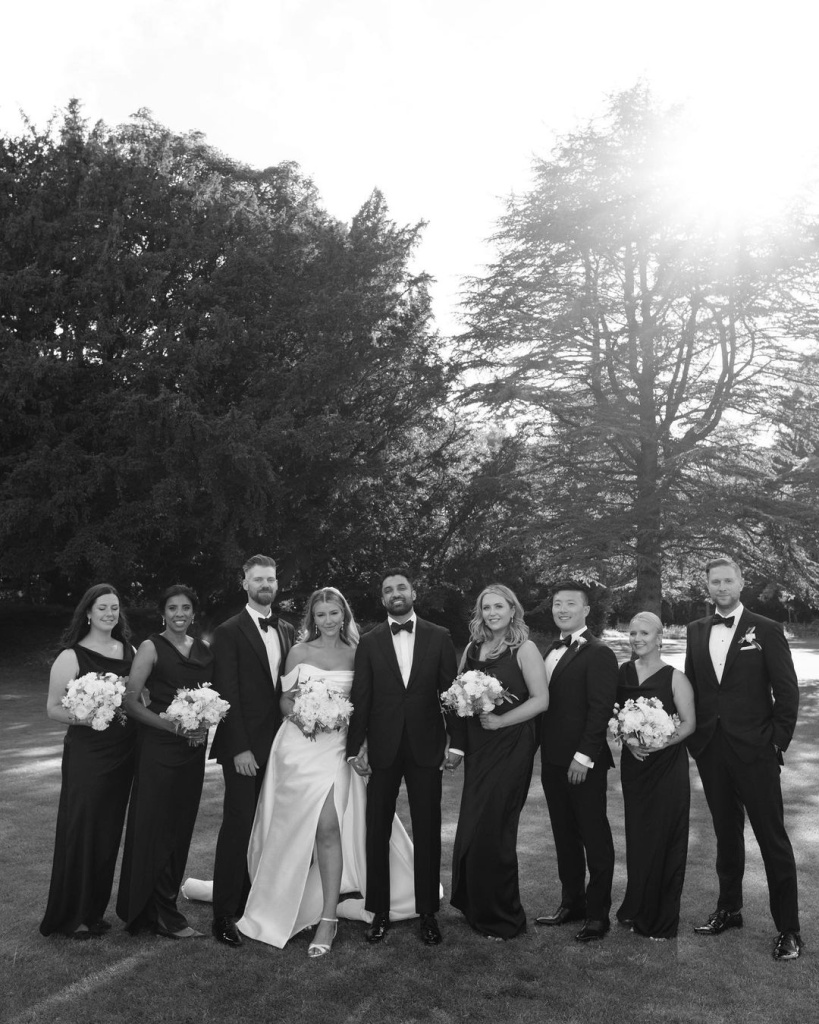
Understanding the cultural significance of various wedding traditions is paramount in planning a multicultural wedding. This involves recognizing and honoring the diverse customs, rituals, and symbols that hold deep meaning for both partners and their families. Here’s a deeper dive into how you can respectfully and beautifully incorporate these elements into your special day.
Researching Cultural Traditions
The first step in understanding cultural significance is thorough research. This means delving into the history and meaning behind the traditions you wish to incorporate. Talk to family members, read books, watch documentaries, and even attend cultural events to gain a comprehensive understanding. Knowledge not only helps in planning but also shows respect for both cultures.
Consulting with Cultural Experts
Sometimes, the intricacies of cultural practices can be challenging to grasp fully. Consulting with cultural experts, such as community leaders, religious figures, or cultural consultants, can provide valuable insights. They can guide you on the dos and don'ts, help with the interpretation of rituals, and ensure that traditions are followed correctly and respectfully.
Incorporating Symbolic Elements
Every culture has its own symbols and elements that are integral to its wedding ceremonies. From the exchange of garlands in Indian weddings to the breaking of the glass in Jewish ceremonies, these symbols carry profound meanings. Incorporate these elements thoughtfully, making sure they are understood and appreciated by everyone present. You can also include explanations in your wedding program or have someone narrate the significance during the ceremony.
Balancing Traditions from Both Cultures
Balancing traditions from both cultures requires sensitivity and creativity. It’s essential to ensure that neither culture feels overshadowed or underrepresented. Create a harmonious blend where both sets of traditions can coexist. This might mean having two separate ceremonies or combining elements from each tradition into a single ceremony. Communicate openly with your families to ensure everyone feels included and respected.
Educating Your Guests
Your guests might not be familiar with all the cultural practices being honored. Take steps to educate them, whether through detailed wedding programs, explanatory notes on tables, or short speeches during the ceremony. This not only enhances their understanding and appreciation but also creates a more inclusive and engaging atmosphere.
Respecting Cultural Attire
Wedding attire is often laden with cultural significance. Whether it’s the intricate designs of a Chinese qipao, the vibrant colors of a Nigerian agbada, or the elegant simplicity of a Western wedding dress, each garment tells a story. Respect these choices by ensuring everyone involved understands their importance and by possibly blending attire elements from both cultures for a unique and meaningful look.
Choosing the Right Venue
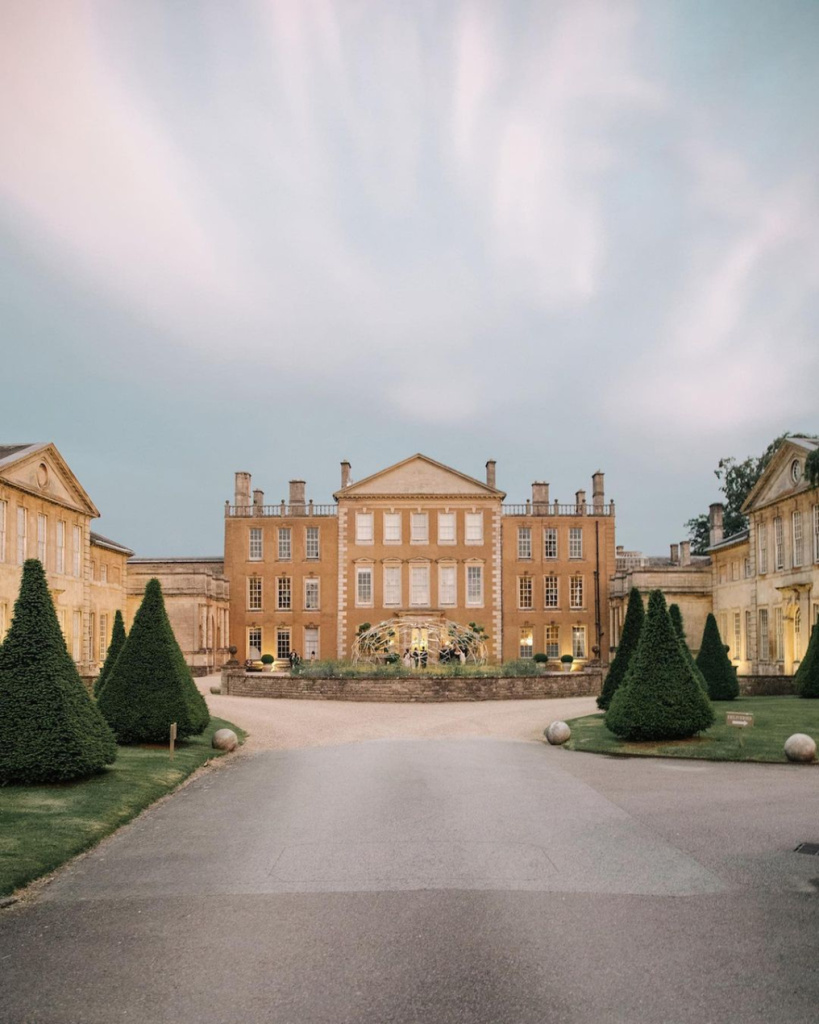
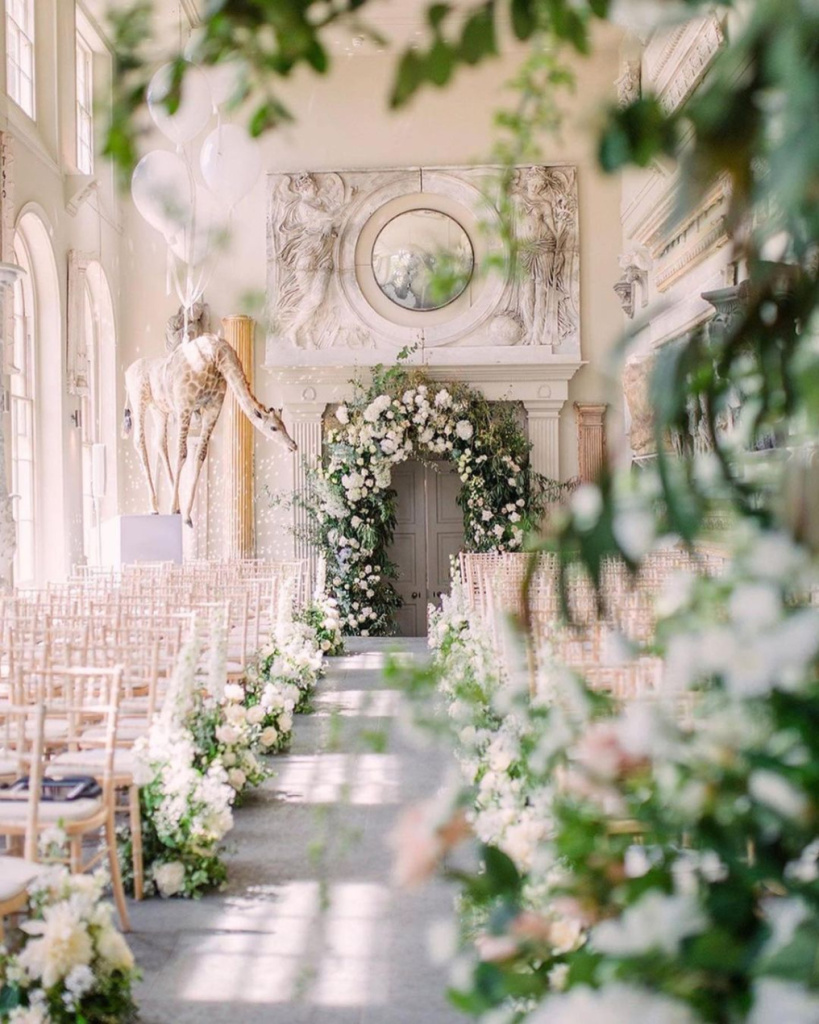
Selecting the perfect venue for a multicultural wedding in London is crucial to ensuring that your celebration is both memorable and meaningful. The venue sets the tone for the entire event, and finding one that accommodates the diverse needs and traditions of a multicultural wedding can make all the difference. Here’s how to navigate this important decision.
Assessing Venue Capacity and Flexibility
The first step in choosing the right venue is to assess its capacity and flexibility. Multicultural weddings often have large guest lists, so it’s important to ensure that the venue can comfortably accommodate everyone. Additionally, the venue should be flexible in its setup to cater to different cultural rituals and ceremonies. Look for venues that offer adaptable spaces or multiple rooms that can be configured according to your needs.
Location and Accessibility
The location of your venue is another critical consideration. Choose a venue that is easily accessible for all your guests, including those who may be traveling from abroad. Proximity to airports, public transportation, and accommodations can make a big difference. Additionally, consider the cultural significance of the location itself; some venues might hold historical or cultural importance that could add a unique touch to your celebration.
Facilities for Diverse Needs
Multicultural weddings often require specific facilities to cater to different cultural practices. This might include separate areas for ceremonies, spaces for prayer or meditation, or facilities for special dietary requirements. Ensure that the venue is equipped to handle these needs. For example, if you’re planning a traditional Indian wedding, the venue should have space for a mandap and allow for rituals like the baraat (groom's procession).
Cultural Sensitivity and Experience
When selecting a venue, consider their experience and sensitivity towards multicultural weddings. Venues that have previously hosted similar events are more likely to understand the nuances and requirements of your wedding. They can provide valuable insights and recommendations based on past experiences. Don’t hesitate to ask for references or details of previous multicultural weddings they have hosted.
Atmosphere and Aesthetics
The atmosphere and aesthetics of the venue play a significant role in creating the right ambiance for your multicultural wedding. Look for a venue that complements the cultural themes of your wedding. This could be a grand historic hall, a beautiful garden, a modern event space, or even a cultural center. The décor and overall vibe should reflect the essence of both cultures being celebrated.
Venue Support and Coordination
Lastly, ensure that the venue provides adequate support and coordination services. A dedicated event coordinator who understands the complexities of a multicultural wedding can be invaluable. They can assist with the logistics, liaise with vendors, and ensure that everything runs smoothly on the big day. Their expertise can help you navigate potential challenges and ensure that all cultural aspects are respected and executed flawlessly.
Catering for Diverse Tastes
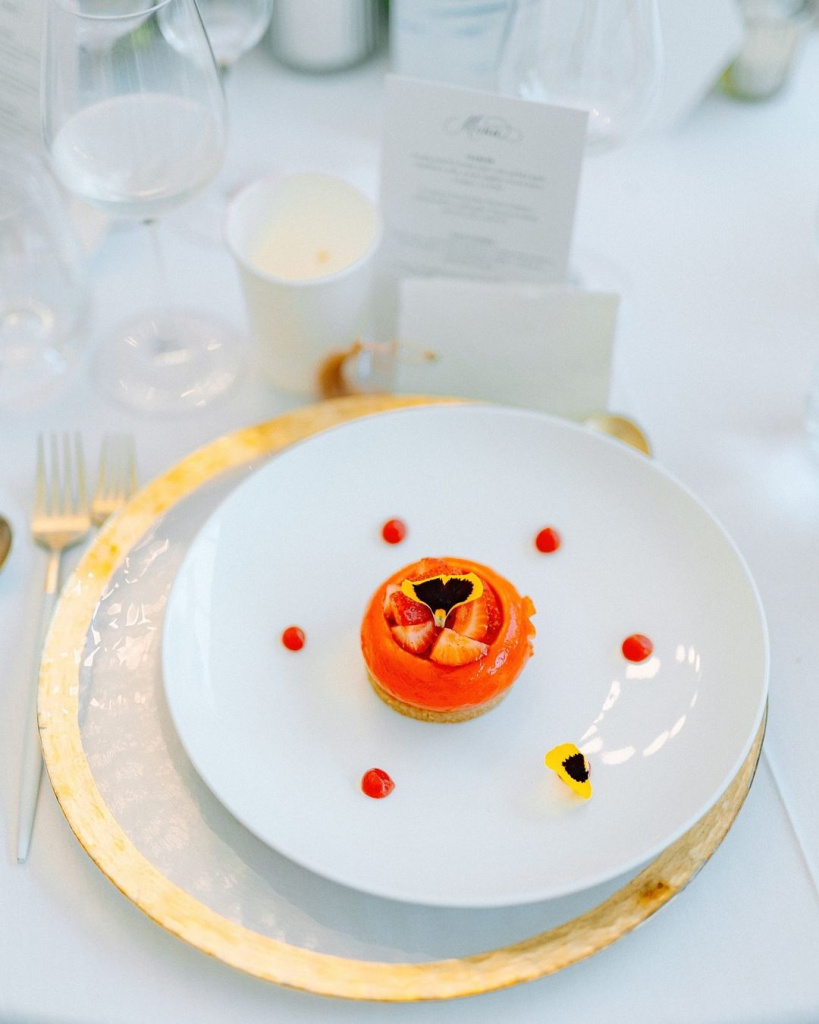
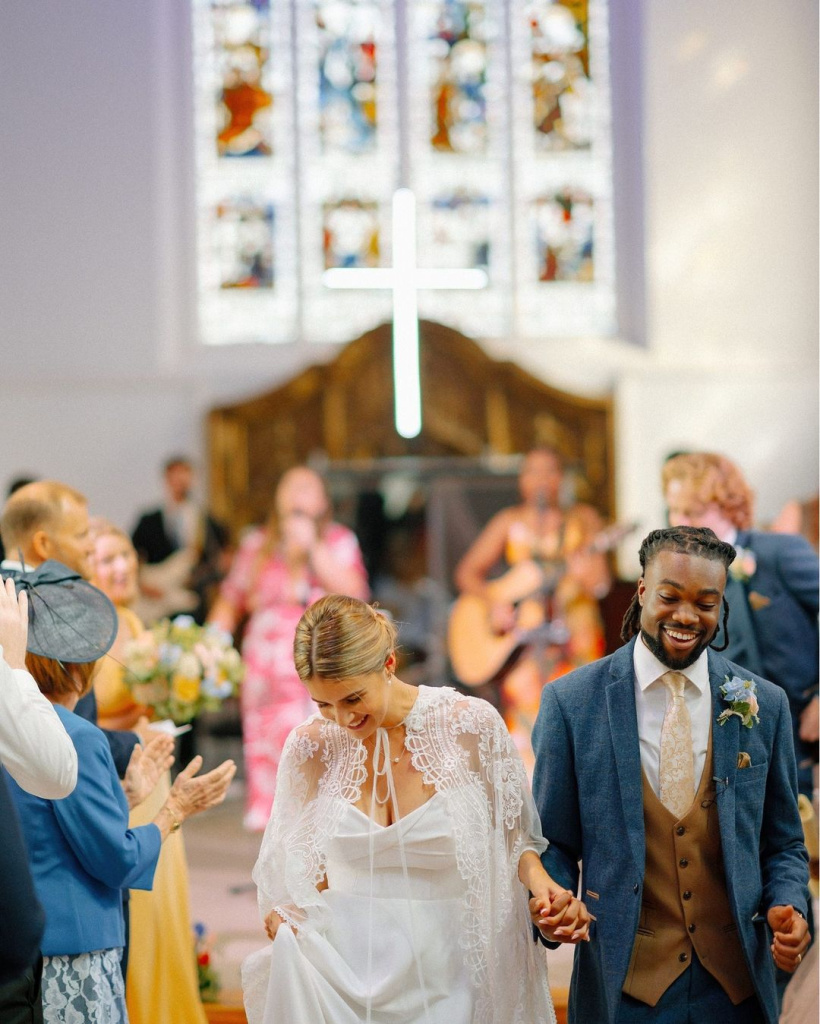
The food you serve can be a beautiful reflection of the diverse cultures and traditions being celebrated. By thoughtfully planning your menu, you can create a culinary experience that honors each heritage and delights your guests.
Understanding Culinary Traditions
The first step in catering to diverse tastes is understanding the culinary traditions of the cultures represented at your wedding. This involves more than just selecting popular dishes; it’s about understanding the significance of certain foods, ingredients, and preparation methods. Research traditional wedding foods from each culture and consider how they can be incorporated into your menu.
Collaborating with Specialized Caterers
Finding the right caterer is crucial. Look for caterers who specialize in the cuisines you want to feature. Many caterers in London are well-versed in various ethnic cuisines and can provide authentic dishes that honor your traditions. Don't hesitate to ask for tastings to ensure the quality and authenticity of the food.
Creating a Fusion Menu
A fusion menu can be a wonderful way to blend the culinary traditions of both cultures. This could mean combining flavors, ingredients, and cooking techniques to create unique dishes that represent both heritages. Work with your caterer to design a menu that reflects this blend, offering your guests a one-of-a-kind dining experience.
Planning a Multicultural Feast
To give you an idea of how to plan your menu, here’s a list of considerations and ideas for a multicultural wedding feast:
Appetizers:
- Indian: Samosas, pakoras, and mini tandoori kebabs.
- Middle Eastern: Hummus, baba ghanoush, and falafel.
- European: Bruschetta, stuffed mushrooms, and cheese platters.
Main Courses:
- South Asian: Butter chicken, paneer tikka, and biryani.
- East Asian: Sushi, dim sum, and stir-fried noodles.
- Western: Roast beef, grilled salmon, and pasta dishes.
Side Dishes:
- African: Jollof rice, plantains, and couscous.
- Mediterranean: Greek salad, tzatziki, and spanakopita.
- Latin American: Black beans, rice, and empanadas.
Desserts:
- Indian: Gulab jamun, rasgulla, and kheer.
- French: Macarons, crème brûlée, and éclairs.
- Caribbean: Rum cake, coconut tart, and tropical fruit salad.
Beverages:
- Asian: Mango lassi, green tea, and sake.
- European: Fine wines, champagne, and espresso.
- Global: Signature cocktails, mocktails, and an international selection of beers.
Hosting a Tasting Event
Before finalizing your menu, consider hosting a tasting event for family and close friends. This not only helps in making decisions but also ensures that the dishes resonate with both cultures. Use their feedback to refine your menu and make any necessary adjustments.
Presentation and Serving Style
The presentation of your food is as important as the taste. Discuss with your caterer how to beautifully present the dishes in a way that highlights the multicultural aspect of your wedding. Consider serving styles that encourage mingling and interaction, such as buffet stations with different cuisines or family-style platters that promote sharing and conversation.
Offering Cultural Explanations
Including a brief description or significance of each dish in your menu or on place cards can add a personal touch. This helps guests understand and appreciate the cultural importance of the food they’re enjoying, making the dining experience more enriching.
Incorporating Traditional and Modern Music
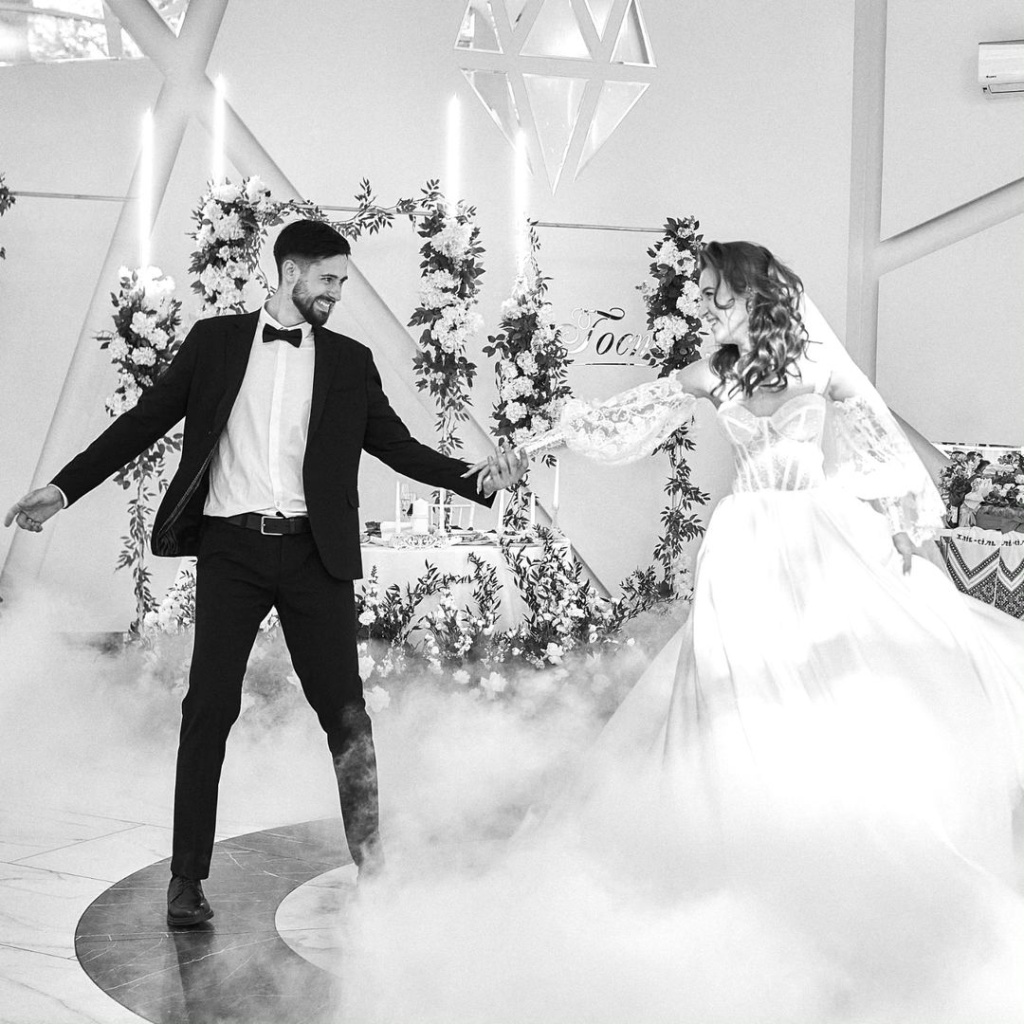
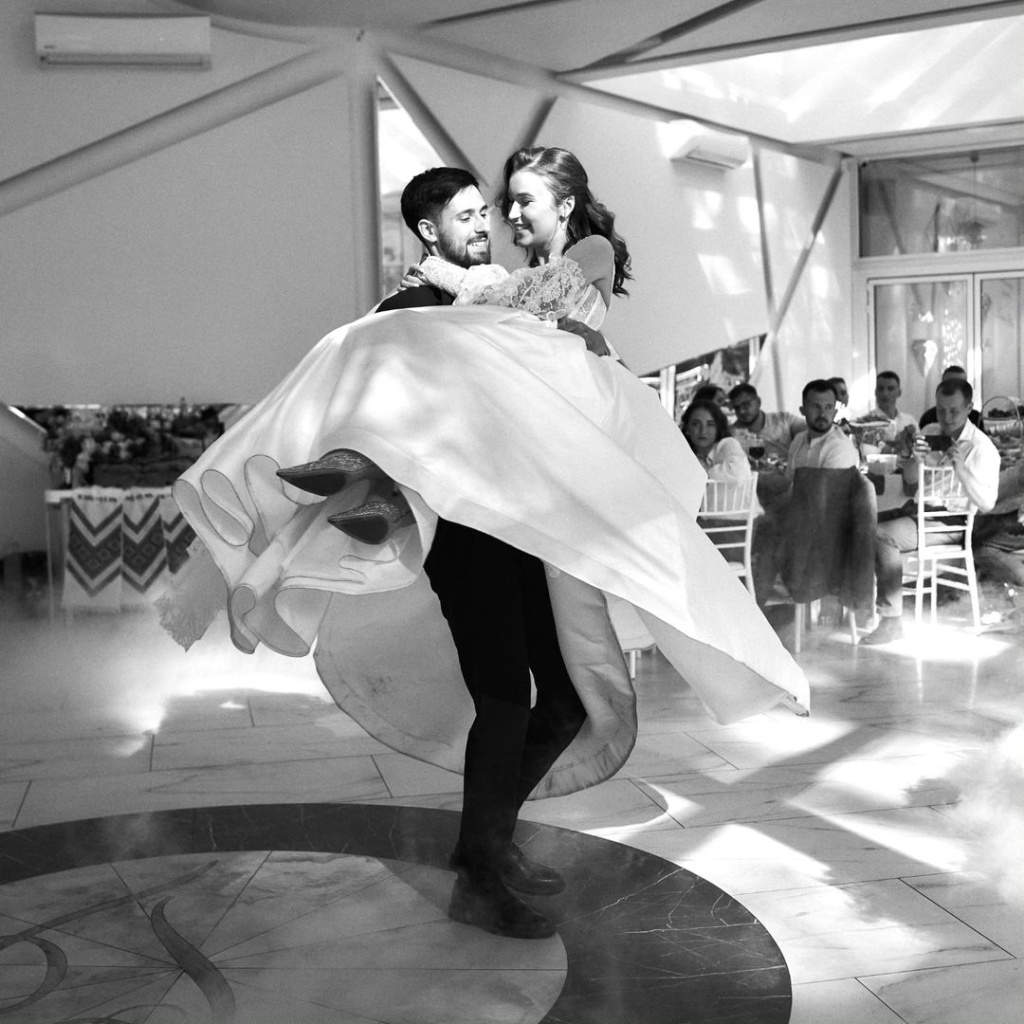
Music plays a pivotal role in setting the tone and enhancing the atmosphere of any wedding. For a multicultural wedding, the soundtrack is even more significant as it bridges different cultures, creating a harmonious blend of traditions and contemporary vibes.
Understanding the Role of Music in Different Cultures
The first step is to understand the role and significance of music in the cultures you are celebrating. Each culture has its own musical traditions, instruments, and songs that hold special meaning. From the soulful strains of classical Indian sitar music to the lively beats of African drums, and the poignant melodies of Celtic folk tunes, the diversity is vast and beautiful. Researching and appreciating these differences will help you make informed choices.
Collaborating with Musicians and DJs
Selecting the right musicians and DJs is crucial for a multicultural wedding. Look for professionals who are experienced in both traditional and modern music from the cultures you want to incorporate. Many musicians specialize in cross-cultural performances and can seamlessly blend traditional pieces with contemporary tracks. Discuss your vision with them and create a playlist that reflects the unique blend of your backgrounds.
Selecting Key Songs and Moments
Identify key moments during your wedding where music can play a significant role. For instance, you might choose a traditional song for your first dance, followed by a modern track that’s meaningful to your relationship. For parent dances, consider songs from the parents' cultural backgrounds to honor their heritage. Don’t forget to include some fun, universally loved hits to ensure everyone has a great time.
Photography and Videography that Captures Every Moment
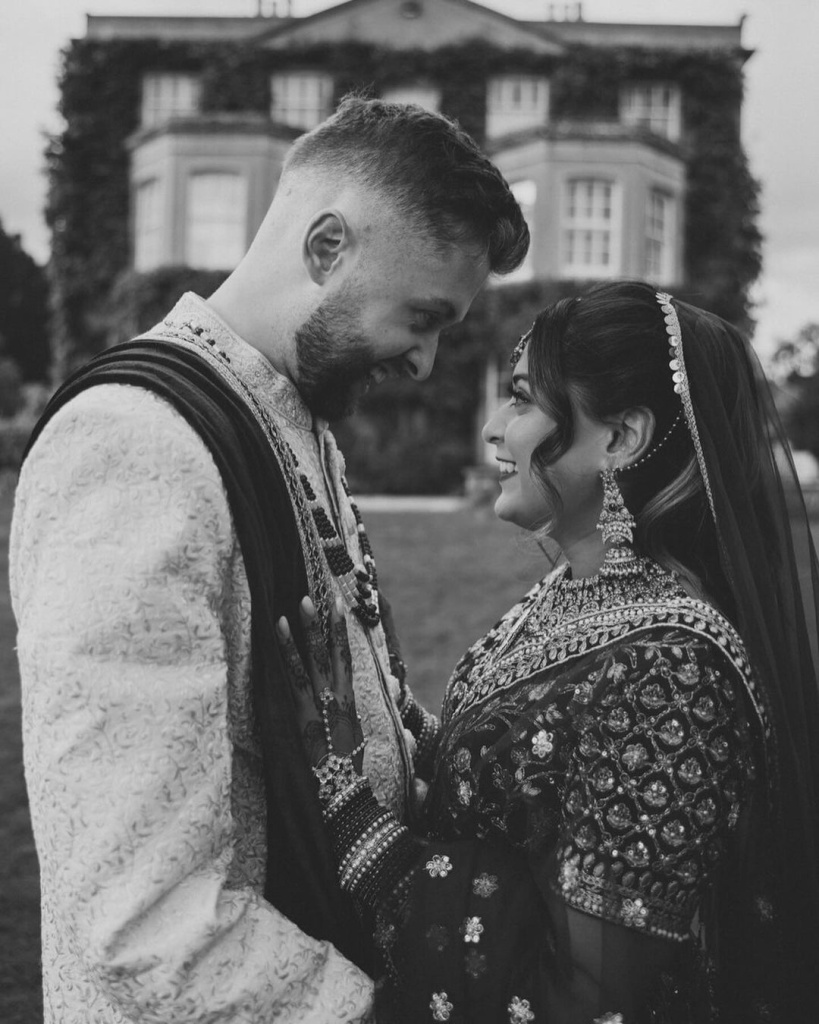
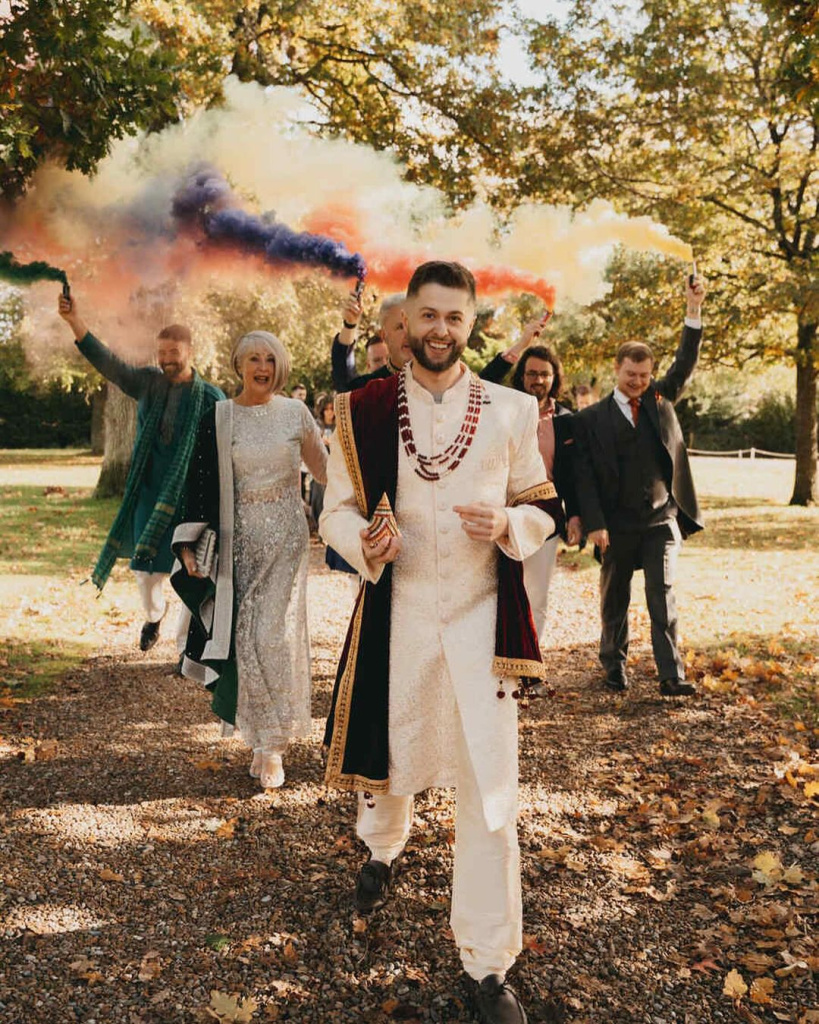
Choosing the right photographer and videographer for a multicultural wedding in London is crucial to ensure that every special moment is beautifully captured. Your wedding day will be filled with unique rituals, emotional exchanges, and joyous celebrations that deserve to be preserved.
Finding the Right Professionals
The first step is to find photographers and videographers who have experience with multicultural weddings. Look for professionals who have a portfolio showcasing their work with diverse cultural ceremonies and events. Their familiarity with different traditions will enable them to anticipate important moments and capture them with sensitivity and precision.
Communicating Your Vision
Clearly communicate your vision and expectations with your chosen photographers and videographers. Share the significance of specific rituals, the cultural nuances you want highlighted, and any particular moments you don’t want to be missed. Provide them with a timeline of events and point out key people and elements that are important to you. This ensures they are well-prepared and can plan their shots accordingly.
Capturing Cultural Nuances
Multicultural weddings are rich with rituals and symbols that carry deep meaning. Ensure your photographer and videographer understand the cultural nuances of your wedding. This might include the application of henna in an Indian wedding, the tea ceremony in a Chinese wedding, or the breaking of the glass in a Jewish wedding. Capturing these moments requires an understanding of their timing and significance.
Creating a Shot List
Work with your photographers to create a comprehensive shot list that covers all the essential moments of your wedding. This might include:
- Pre-Ceremony Preparations: Getting ready shots, traditional attire, and detailed shots of accessories.
- Ceremony: Key rituals, vows, ring exchange, and cultural ceremonies.
- Post-Ceremony: Family and group photos, couple portraits, and candid interactions.
- Reception: Entrance, speeches, first dance, cultural performances, and guest interactions.
- Details: Décor, food, invitations, and any cultural symbols incorporated into the event.
Creating Albums and Keepsakes
Finally, consider creating physical albums and keepsakes that you can cherish for years to come. A well-designed photo album or a beautifully edited wedding film can become a treasured family heirloom. Many photographers and videographers offer customized packages that include albums, prints, and digital files, making it easy to preserve and share your wedding memories.







